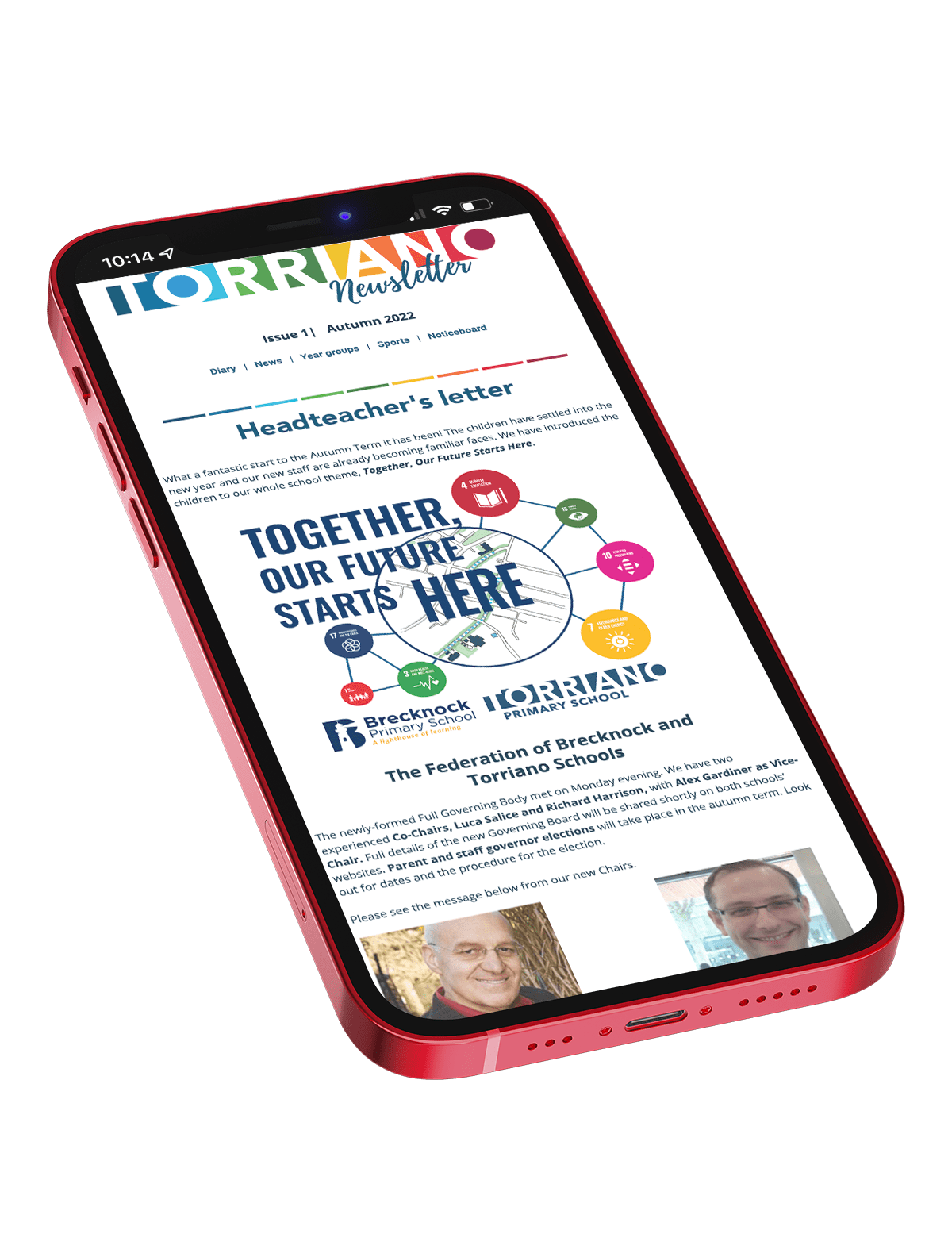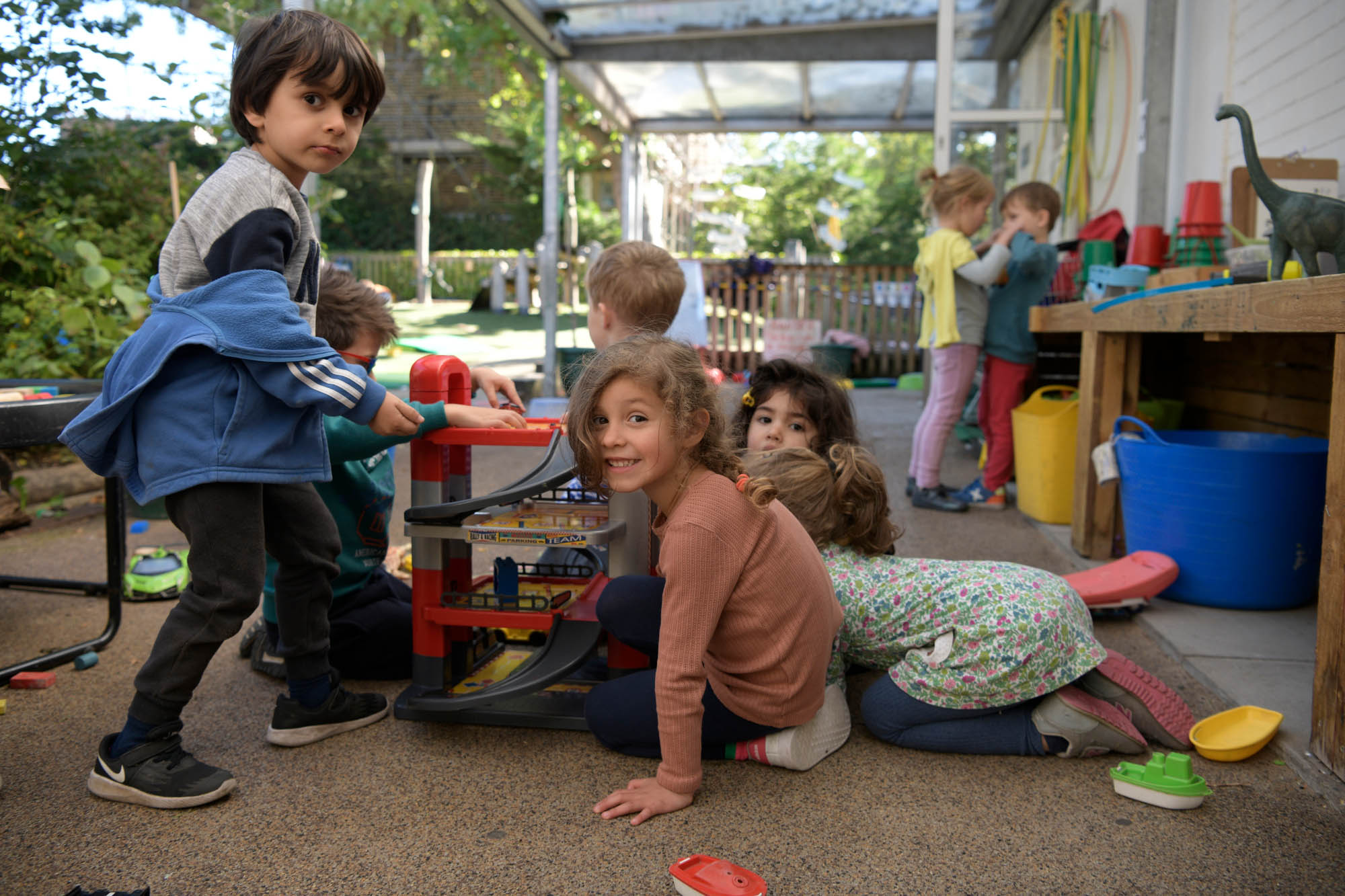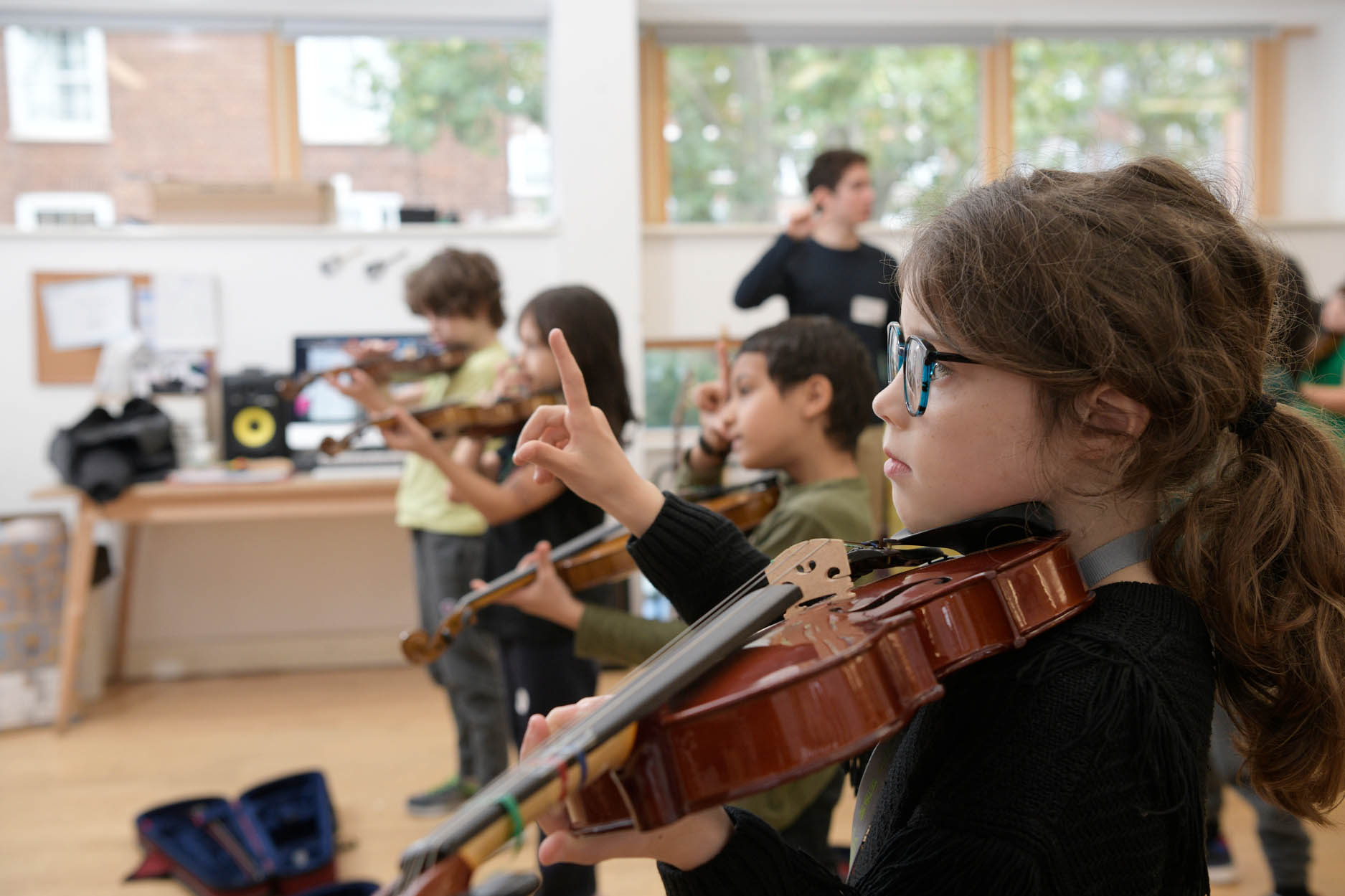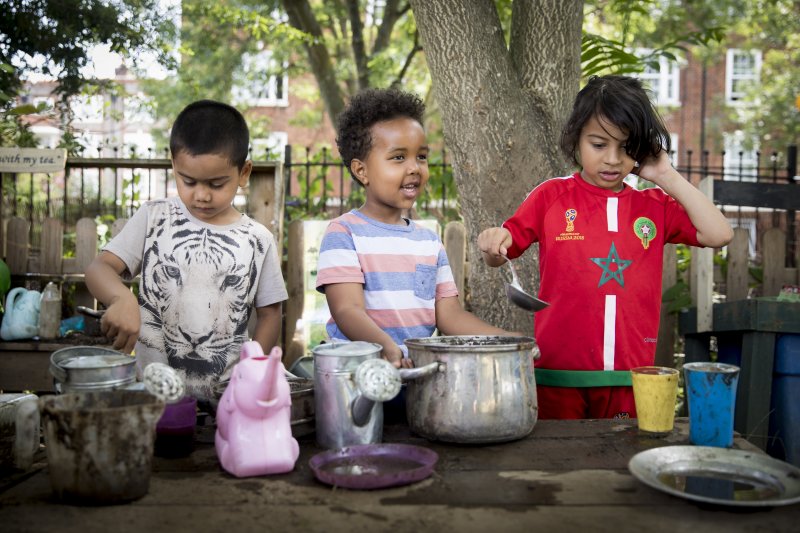Intent
Our history curriculum supports children to be knowledgeable learners, confident communicators, and active citizens. It aims to broaden children’s horizons and help them develop key skills and knowledge that are both at the heart of being a historian and also becoming active and informed citizens in society and the world.
Knowledgeable learners

- The history curriculum has historical skills and factual knowledge at its core.
- It reflects the aims and content of the National Curriculum, at each key stage. This begins in the Early Years with the ‘Understanding the World’ strand of the EYFS framework.
- Historical concepts such as civilisation, continuity and change, and significance underpin the curriculum and act as a thread throughout individual units of work. These are built up from the Early Years, where children learn about concepts such as ‘then’ and ‘now’, through to KS2, with previous understanding being built upon and developed at each stage.
- Children acquire key knowledge about a range of historical periods. We want them to be able to recall this knowledge in order to show understanding of key features of a particular period, while making connections and comparisons between periods of history.
- Children should build on key skills throughout their time at school, such as asking questions, using evidence to answer questions, and draw conclusions from primary and secondary source material. They should have an understanding of how historians know about and debate the past.
Confident communicators

- Our history curriculum will aim to empower children to use language as a tool to communicate their learning, through using sequential language and subject specific vocabulary.
- The history curriculum develops pupils’ capacity to enquire by asking and answering questions, to communicate and debate facts and opinion, and to relay knowledge in a clear and concise manner. It also supports children to develop their critical thinking skills, justifications for their opinions and explain why they have formed a certain opinion.
- We ensure pupils learn and retain subject specific vocabulary, and use it correctly in context, supporting them to have a clear understanding of abstract terms. Presentational oracy skills will be developed to help children share their knowledge.
Active citizens

- Children’s historical learning is deeply contextualised within their world understanding and connections are made on a local to global level, helping to instil a sense of ownership and curiosity about the world.
- The children’s critical thinking and sense of agency is developed through different topics as the children are encouraged to use their skills, knowledge and understanding to challenge established narratives in our globalised society.
- Work on embedding a curriculum that promotes diversity, equality (including intersectionality) and justice is at the heart of achieving these aims. Our children should see themselves mirrored in our curriculum. For example, Year 1 learn about Mansu Musa and Rani of Jhansi when learning about monarchy, Year 6 learn about the role of Commonwealth soldiers in World War I.
Implementation

- The curriculum provides a clear progression model, supporting the layering of new knowledge and skills on secure foundations which are recapped constantly.
- Teachers plan using a skills progression document that links previous and future learning.
- Learning journeys show clear progression within each unit of work. Units of work are also supported by Knowledge Mats, Knowledge Quarters and the Torriano Timeline. The learning environment supports this; these resources are visible in every classroom and used to pre-teach, build on and re-cap previous learning. The Torriano Timeline, first introduced in Early Years, ensures children are constantly exposed to previous knowledge and can connect new learning to topics previously covered.
- All children can access the curriculum, including those who have SEND, through carefully adapted lessons and appropriate support.
- In Early Years, children make connections between features of their own families and those of their peers. They explore concepts around their own life stories and their family’s history, making links between familiar situations from the past and use stories to make them come alive.
- In KS1, children start to learn more about different time periods, starting with changes in living memory, using the language of time passing.
- At KS2, the curriculum is broadly chronological, encompassing local, British and global themes.
- A range of oracy and recall strategies are employed within units of work and individual lessons to help children retain key facts and knowledge about certain periods of time. Lessons recap prior learning and aim to incorporate learning for memory and strategies to build fluency.
- Home learning supports the reinforcement and re-learning approach, building on and harnessing the power of technology. Termly and weekly quizzes are given to children to encourage the fluent retrieval of key facts.
- Each year group has objectives embedded within the five key areas of historical knowledge and understanding;
– chronological understanding,
– knowledge and understanding,
– historical interpretation,
– historical enquiry
– organisation and communication.
- A combination of direct instruction, collaborative enquiry and planned opportunities to practice and over-learn ensures understanding and progress in learning.
- The skills needed for successful group discussion, formal debate, and presentational speech making are explicitly taught through our history curriculum.
- Explicit vocabulary teaching is included in the delivery of our curriculum and is carefully planned.
- Teachers have high expectations of all pupils, all of whom are expected to be active contributors in lessons.
- In order to ensure our curriculum is current, relevant and inspiring, we enrich learning through varied resources and reciprocal partnerships with a range of educators and expert organisations. For example, work with The Black Curriculum looked at unconscious bias and how we can ensure non-eurocentric perspectives are being incorporated into our curriculum.
- Children have access to an extensive enrichment offer in history, from trips to visitors, to enrichment days and week, such as our Black History Season and Ada Lovelace Day.

Impact
We measure the impact of our history curriculum in various ways.
- Pupils should be able to recall key facts and information, use subject specific vocabulary and use their historical skills. We look at children’s ability to talk confidently about their learning, recalling key facts and concepts. This may be through pupil voice conferences, or through teachers’ formative assessment of pupil talk in class.
- Monitoring processes, such as book looks, track the progression of children using their historical skills and practising the recall of key knowledge.
- Planning audits are used to support teachers in delivering high quality lessons.
- Pre and post assessment tasks are planned for each history unit.
- Low stakes quizzes are used, such as those used to recap previous learning at the start of lessons, or those used as part of home learning.
- Formative teacher assessment and marking takes place in an individual lesson basis and can be given verbally.
Please see the History Progression document here.





